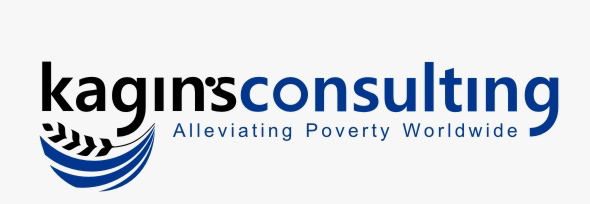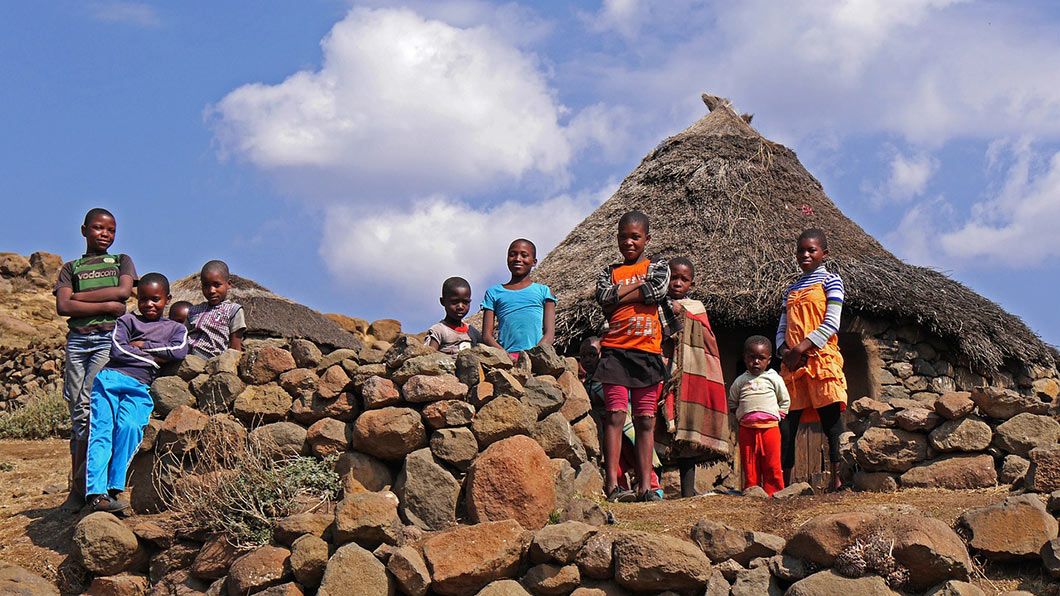Rural economy-wide impacts of Kenya’s Home Grown School Meals program
Partner agencies: Thai Union Group and United Nations World Food Programme (WFP)
Timeline: 2018-2019
Project Abstract: The UN World Food Program (WFP), Kagin’s Consulting and IDRA affiliates have teamed up to carry out a comprehensive local economy study of Kenya’s Home Grown School Meals Program (HGSMP). School feeding programs have the potential to create benefits through the spillovers they generate in rural economies. HGSMP schools use their cash to purchase food directly from local producers, producer associations, or traders, who in turn may source food from inside or outside the local market. Food purchases within the sub counties in which HGSMP schools are located can stimulate local production and incomes there. Food purchases outside these sub counties stimulate production and incomes in other parts of the country.
We constructed a local economy-wide impact evaluation model and used it to estimate total impacts, including indirect spillovers, of the HGSMP in local economies, defined as communities and villages in the sub-counties where the HGSMP schools are located, as well as in other parts of Kenya. We estimated the model’s parameters econometrically, with data from new nation-wide surveys of schools and a random sample of households and businesses in both HGSMP and HP sub counties carried out in 2019. We used the model to simulate the HGSMP’s direct impacts, as well as the income and production spillovers it creates locally and in other parts of the country, employing a Monte Carlo method to construct confidence bounds around simulated HGSMP impacts.
Our study finds that each KSH given to HGSMP schools creates an additional 1.11 KSH of real (inflation adjusted) income in households within HGSMP sub counties. Traders spread the program’s benefits to HP sub counties, raising real incomes there by 0.16 KSH per KSH transferred to HGSMP schools.
Encouraging schools to purchase more of their food directly from local farmers increases the program’s total benefits while diverting some of the income gains from HP to HGSMP households. Giving schools the flexibility to spend part of their HGSMP budget on an expanded food basket creates benefits for households in both HGSMP and HP regions. Interventions that make farmers near HGSMP schools more productive substantially increase the program’s benefits.
This study’s findings are being used as a basis for WFP and country governments to implement and expand programs to provide meals to poor school children around the world.
Findings are available at:
This study was featured in a documentary film, which can be viewed here:

